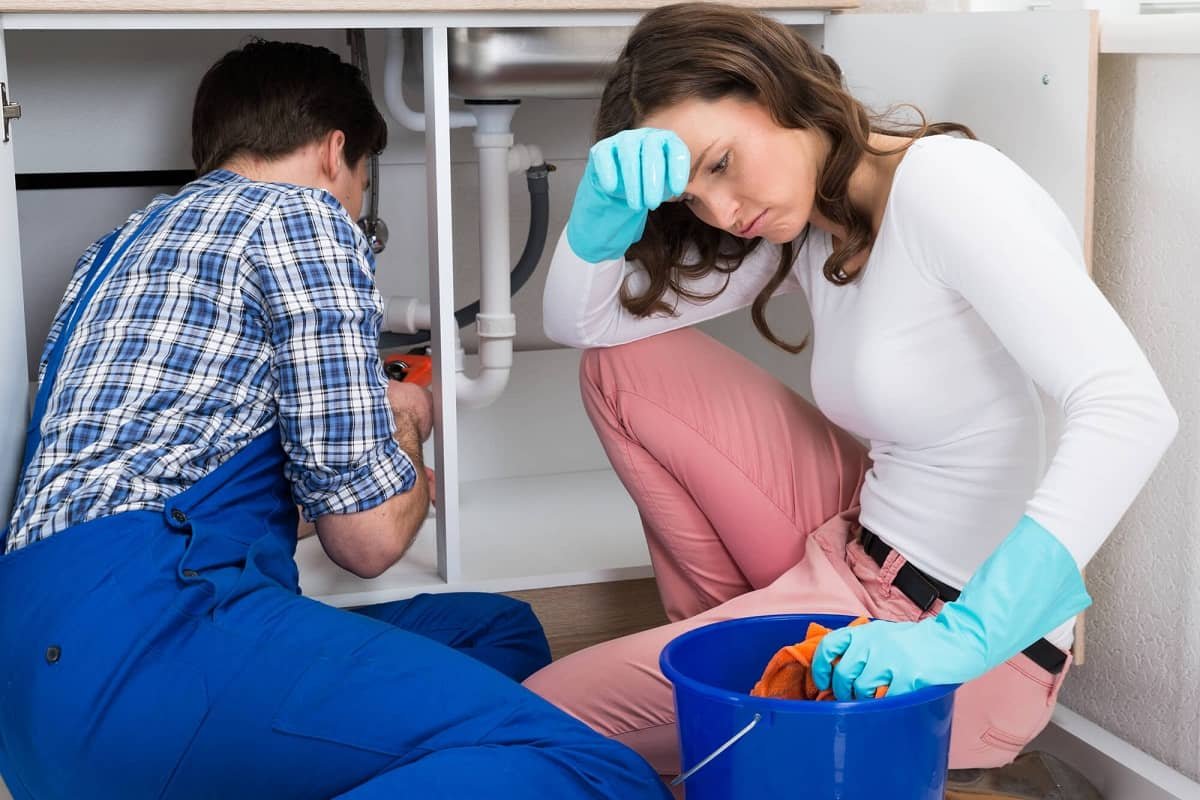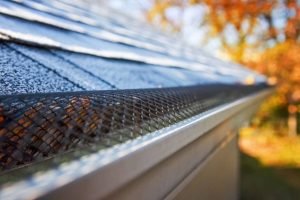We have all faced some plumbing problem at one point or another. It’s an inevitable development as the pipes and fittings like brass pipe fittings start getting old with age. Many such problems can be solved with some simple DIY methods, but some require professional help.
When plumbing problems are serious and persistent, it is always better to call a professional plumber.
Some of the common plumbing problems are:
1. Dripping Faucet

This is one of the most common plumbing problem and we have all probably experienced it at some point. Apart from being a major irritant, a dripping faucet is also means a criminal waste of water. You are also running up your water bills in vain. The cause for the dripping faucet is usually the internal washer.
The washer controls the water flow. With time it can get torn, worn, stiff, or become dislodged. This causes the leakage of water and the dripping. This requires tools and the knowledge of the working of faucet. Call a plumber unless you are proficient in this.
2. Low Water Pressure
When the water starts to trickle or come slower than usual, we have a water pressure problem. This is a common problem in old houses and it occurs because the pipes and brass pipe fittings are ageing. The pipes could be leaking, broken or corroded with time. The same could happen with fittings.
Usually, this means an overhaul of the system and should be done by a plumber. But this is a drastic step and an overhaul is usually undertaken when the low water pressure is coupled with other symptoms. Apart from wear and tear, a common reason is the build-up of sedimentation in the pipes, which lowers the water pressure.
Another reason for trickling water could be at the faucet or shower-head. When these fittings get clogged with dirt and sediments, the flow of water is obstructed. In this case all you need to do is clean up the fitting. You can clean it with a toothbrush dipped in vinegar or soak the parts overnight in vinegar.
3. Clogged or Slow Draining Sinks
This is one of the most common plumbing problems and is bound to occur with use. In the kitchen, the clogging is usually due to food and fat sediments in the pipes. In the bathroom it is typically due to hair and soap.
This can be fixed by pouring in store bought drain cleaners or by using plungers and a plumber’s snake. Chemical drain cleaners are available over the counter and can be used quite easily. Most require to be just poured down the drain. However, it should be noted that chemical solutions also damage the drain and should be used sparingly. Biological cleaners are a better alternative.
4. Clogged Toilet
Clogged toilets are caused by mix of human waste and paper. This is usually cleared by a plunger. If left unattended, this can become a major nuisance. It is best addressed by a plumber.
5. Faulty Heater
Water heaters can go faulty due to plumbing problems or because of simple electrical failures. The latter includes problems like failing thermostat. Heaters also have brass pipe fittings that can start malfunctioning with wear and tear. This problem is best fixed by a professional.
6. Leaky Pipes
This is a common problem in old buildings where the plumbing is slowly beginning to wear and tear. Pipes and fittings can start corroding or leaking. This can be a serious problem that not only effects the water supply in the house, but can also cause seepage in the walls. This leads to damaged walls and furniture. The warning symptoms usually include damp patches on the wall. This problem will worsen as time goes by and should be addressed by a professional.
7. Sewer Backup
If all your drains and toilets are blocking and your house is now full of disgusting odour of human waste, you have a major problem on your hands — sewer backup. This is usually caused by blockade in the sewer pipes or damage to the pipes. This must be addressed immediately by a professional.
Plumbing problems become common as a house ages and its plumbing system — pipes and brass pipe fittings— go through the usual wear and tear. It is also inevitable with regular use and build up of sediments.





